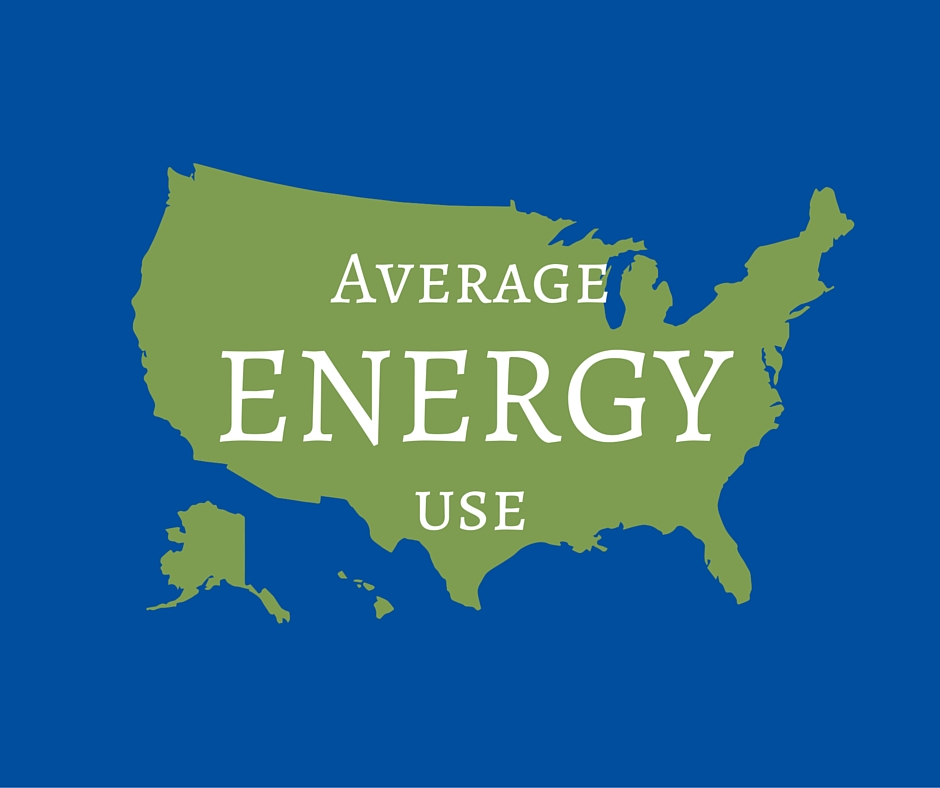Where would we be without energy? It’s difficult to imagine, of course. Without energy, particularly electricity, we would be uncomfortable, disconnected, and in the dark much of the time. However, as much as we love energy, we want to conserve it for a healthier planet and a more manageable budget.
With this in mind, let’s look at how the average American consumes energy and a few simple ways we can lower energy use.
- Driving. The average person in this country drives around 12,000 miles per year, using 441 gallons of gasoline. This number can be reduced through carpooling and better planning of trips, for example, combining short errands and planning routes. Purchasing vehicles with higher fuel economy is a wise choice; also consider electric or hybrid vehicles. When you make that switch, Branham Electric can provide the correct charging station.
- Air Conditioning and Heating. Though some use natural gas for heating, many homes operate solely on electricity. The average home uses around 11,000 kWh annually, according to the S. Energy Information Administration. Nearly half of that is used for heating and cooling the home. This expense can be reduced by using EnergyStar® appliances, windows, and doors. Proper insulation, caulking, and weather stripping also increase efficiency. Programmable thermostats and adjusting the temperature to higher in the summer and lower in the winter will help save.
- Water Heating. About 20 percent of electricity consumption in the home is utilized to heat water. Again, we point back to EnergyStar® water heaters, and we recommend setting the temperature at the recommended level, not higher. Many people also utilize special “blankets” designed to wrap around the water heater; keeping the water at a higher starting temperature, therefore using less energy. Other actions to consider are to take shorter showers, wash clothing in cold water, and use energy saving dishwashing cycles.
- Lighting and appliances. Another 26 percent of energy usage is from lighting the home. It is advisable to turn off lights and appliances when they are not in use. Many experts recommend unplugging appliances when they are not in use as many draw a small currant even when they are off (for example, the light on your television’s power button). Which light bulb you choose is very important, use energy efficient LEDs for the most efficient lighting. Ensure that your home is properly wired and up to code, this will ensure that appliances and outlets are supplied with the proper amount of electricity.
Reducing energy consumption is not as difficult as one may believe. Small steps can make a big difference. Choose one to try today.

